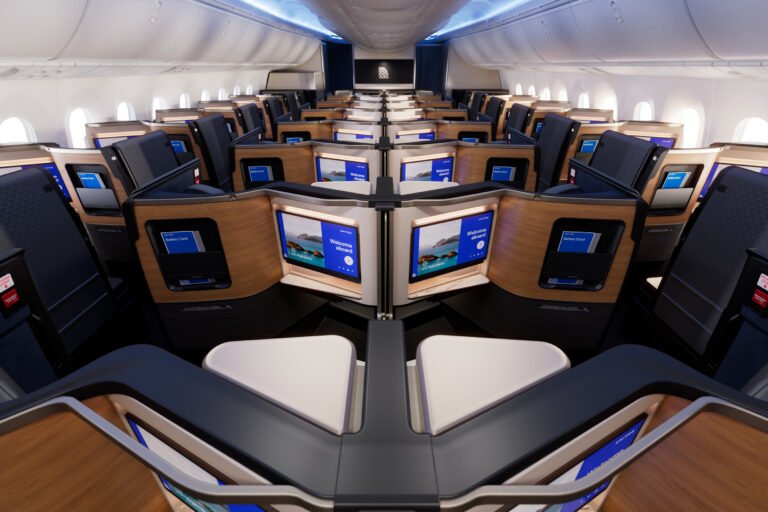United Airlines‘ $86 Seat Change Policy Sparks Debate
United Airlines is reinforcing its policy of charging passengers for seat changes mid-flight, demonstrated by a recent incident on a flight from Houston’s George Bush Intercontinental Airport (IAH) to Honduras. A flight attendant denied passengers the opportunity to relocate to empty seats unless they paid an $86 fee per move, despite the aircraft being half empty.
Changes in Seat Move Policies
- United Airlines, among others, implements stricter controls on seat relocations to maintain revenue from premium seating options.
- Traditionally, passengers could move freely within their cabin once the plane’s doors were closed, often upgrading informally to more spacious seating for comfort.
- Presently, airlines like United have initiated charges for extra legroom seats, known as Economy Plus, with flight attendants monitoring and restricting these moves to protect paying passengers’ entitlements.
This approach aims to discourage free upgrades, potentially reducing future purchases of premium seat bookings. Consequently, there is often frustration when flights have numerous empty seats, as the resulting tension between passengers’ expectations of flexibility and airlines’ adherence to their pricing models becomes apparent.
Passenger Reaction and Controversy
On the aforementioned United Airlines flight, travelers headed to a mission trip in Honduras directly encountered these regulations. Despite a nearly empty cabin on the three-hour trip, the attendant demanded an $86 fee per passenger to move from crowded economy rows to unoccupied seats. Social media posts by passenger Stacy Ruth highlighted the issue, sparking a discussion on the fairness of such fees.
Many passengers believe unused seats should be available without additional charges, viewing them as resources that should not incur extra costs.
Airline Rationale vs. Public Opinion
In defense of its policy, United Airlines equates unpaid seat relocations to unauthorized use of luxury goods. They argue that those who have paid for Economy Plus should enjoy exclusive access to its benefits, comparing the situation to choosing luxury vehicles: just because a Lexus is available, someone who bought a Toyota shouldn’t drive it away without paying the difference.
Critics counter this analogy, noting that seats generate no additional revenue when empty regardless of passenger usage, thus not displacing paying customers.
Evolving Boarding Practices
The airline sector has shifted over recent decades, moving away from post-boarding seat flexibility towards monetized seating arrangements to support revenue strategies. While airlines like Southwest still practice open seating, United and its peers have utilized assigned seating with fees to attract passengers with base fares and generate income through upgrades.
Operations like the Houston to Central America routes experience fluctuating passenger loads, with previous leniency now replaced by stricter rules aligned with profit expectations.

